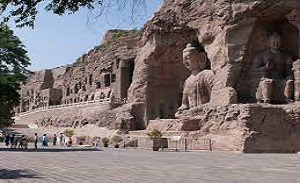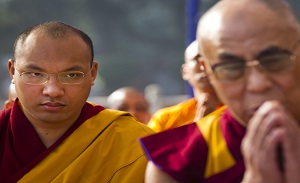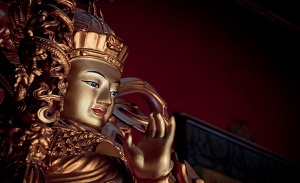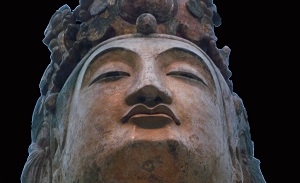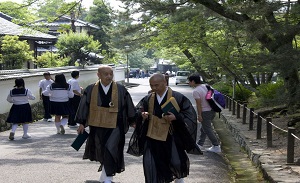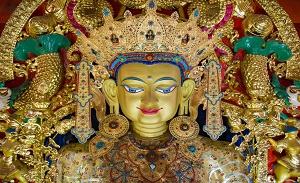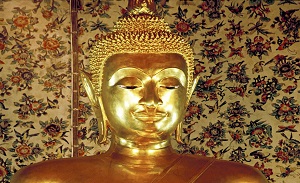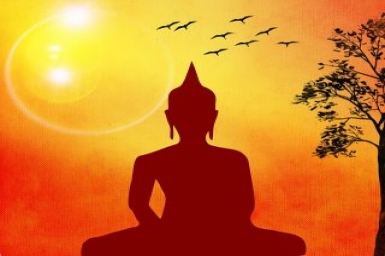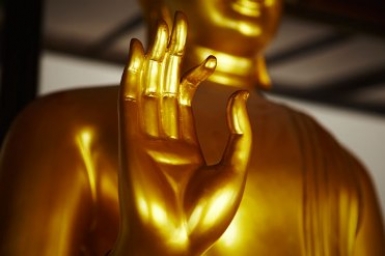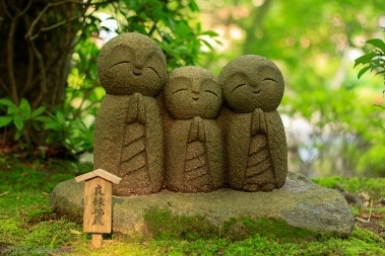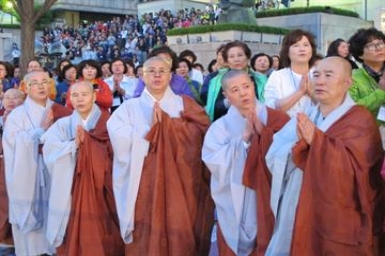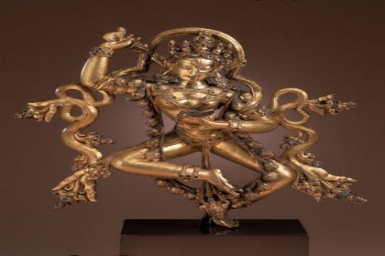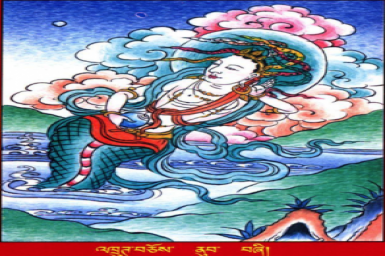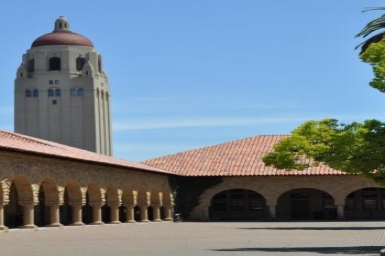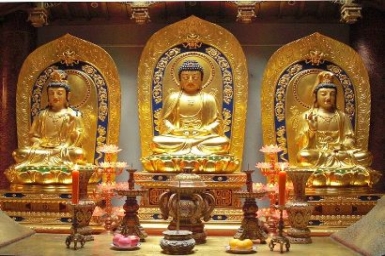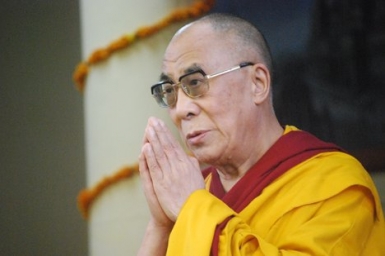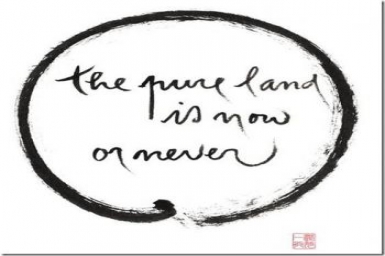How Buddhism helps us in developing better relationships
By Admin Webmaster 4/3/2024 10:45:08 AMThe dialectical context I will use is from a school of Buddhism called Mādhyamaka, a Buddhist tradition founded by Nagarjuna some 600 years after the Buddha's parinirvana (the great passing).
The Buddha and His mesage: Past, present and future
By Admin Webmaster 12/11/2023 10:15:11 AMThe Buddha and His mesage: Past, present and future
A Five Minute Introduction
By Admin Webmaster 12/6/2023 8:44:30 AMA Five Minute Introduction
What is the Nalanda Tradition?
By Admin Webmaster 7/14/2023 9:22:44 AMThe Nalanda tradition is a Buddhist philosophical and educational lineage that traces its origins to the ancient Nalanda University in Bihar, India. Nalanda was a renowned center of learning from the 5th to the 12th century CE and attracted diverse community of scholars from all over Asia, making significant contributions to Buddhist philosophy, logic and other fields of knowledge.
The Art of Calm Abiding Meditation
By Admin Webmaster 5/24/2023 10:34:55 AMPublication of a special poem dedicated to our readers and all those who profess the Buddhist faith. May we all benefit from our Dharma practice so that all beings shall benefit from our love, kindness and compassion.
Buddhism in Laos
By Admin Webmaster 2/10/2023 11:11:08 AMTheravada Buddhism became the primary cement holding together the numerous ethnic groups
Maitreya Buddha
By Admin Webmaster 10/3/2022 11:04:22 AMMaitreya is a transcendent bodhisattva named as the universal Buddha of a future time.
Pure Land Buddhism
By Admin Webmaster 7/13/2022 10:35:47 AMPure Land Buddhism is a somewhat unique school of Buddhism that was popularized in China, where it was transmitted to Japan.
Eihei Dogen The Founder of Japanese Soto Zen
By Admin Webmaster 4/4/2022 9:38:46 AMEihei Dogen (1200-1253), also called Dogen Kigen or Dogen Zenji, was a Japanese Buddhist monk who established Soto Zen in Japan. He is also known for the collection of his writing called Shobogenzo, a masterpiece of the world's religious literature.
What Is a Buddha? Who Was the Buddha?
By Admin Webmaster 1/14/2022 10:36:45 AMThe standard answer to the question "What is a Buddha?" is, "A Buddha is someone who has realized the enlightenment that ends the cycle of birth and death and which brings liberation from suffering."
An Introduction to Buddhist Tantra
By Admin Webmaster 12/31/2021 9:50:33 AMThe esoteric teachings, secret initiations, and erotic imagery associated with Buddhist tantra have fueled no end of interest. But tantra may not be what you think it is.
Buddhism: 11 Common Misunderstandings and Mistakes
By Admin Webmaster 12/29/2021 8:30:02 AMPeople believe many things about Buddhism that simply are incorrect. They think Buddhists want to get enlightened so they can be blissed out all the time. If something bad happens to you, it's because of something you did in a past life. Everybody knows that Buddhists have to be vegetarians. Unfortunately, much of what "everybody knows" about Buddhism isn't true. Explore these common but mistaken ideas many people in the West have about Buddhism.
I smacked into a couple of blog posts today on the question of what the Buddha said about God. And since the websites seem to think my comments are incoming spam, I am responding to one of the posts here.
History of Buddhism in China: The First Thousand Years
By Admin Webmaster 4/23/2021 9:45:23 AMBuddhism is practiced in many countries and cultures throughout the world. Mahayana Buddhism has played a significant role in China and it has a long and rich history.
Faith and Doubt in the Buddhist Tradition
By Admin Webmaster 3/31/2021 9:24:58 AMThe word "faith" often is used as a synonym for religion; people say "What is your faith?" to mean "What is your religion?"
How Mahayana Buddhism Is the Great Vehicle
By Admin Webmaster 3/24/2021 9:15:20 AMMahayana is the dominant form of Buddhism in China, Japan, Korea, Tibet, Vietnam, and several other nations.
Women Ancestors of Zen
By Admin Webmaster 3/8/2021 10:25:37 AMAlthough male teachers dominate the recorded history of Zen Buddhism, many remarkable women were part of Zen history also.
Zen 101: A Brief Introduction to Zen Buddhism
By Admin Webmaster 3/3/2021 9:41:09 AMYou've heard of Zen. You may even have had moments of Zen—instances of insight and a feeling of connectedness and understanding that seem to come out of nowhere. But what exactly is Zen?
Gods, Goddesses and Buddhist Tantra
By Admin Webmaster 3/1/2021 10:01:18 AMGreat misunderstanding surrounds the many deities of Buddhist tantra. On the surface, the veneration of tantric deities looks like polytheism. And it's easy to assume that a "goddess of mercy,"
Basic Beliefs and Tenets of Buddhism
By Admin Webmaster 2/22/2021 10:52:38 AMBuddhism is a religion based on the teachings of Siddhartha Gautama, who was born in the fifth century B.C. in what is now Nepal and northern India.
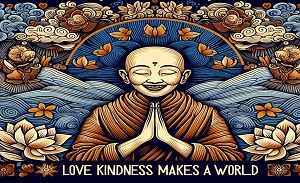

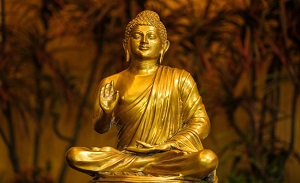
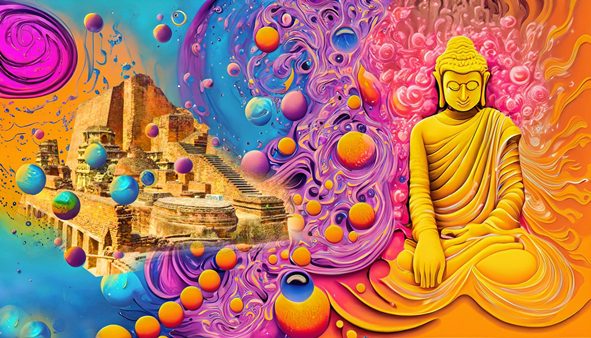
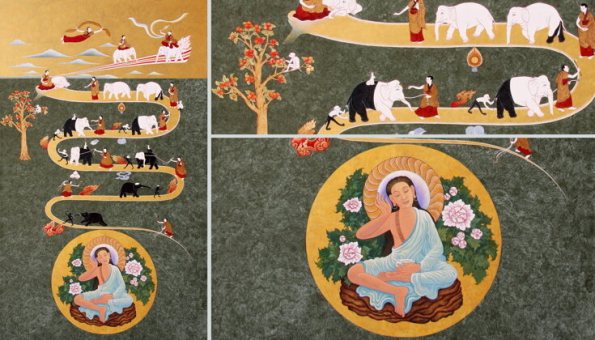
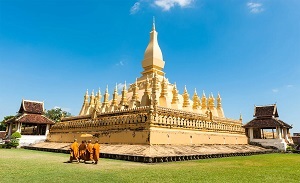
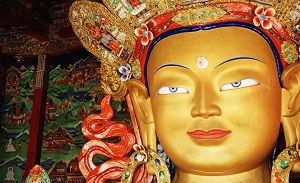
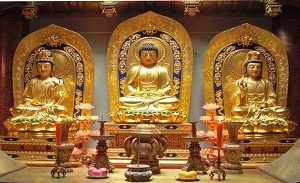
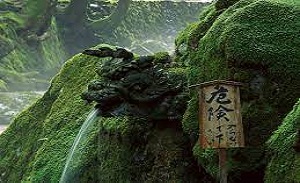
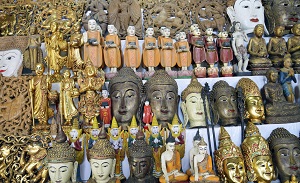
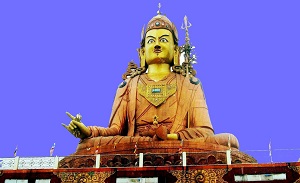
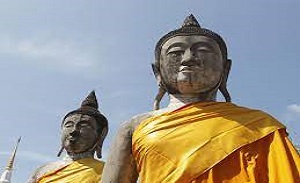
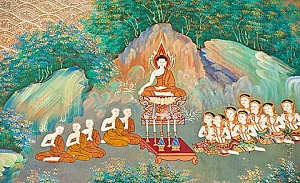 <h3 class=tieudehover>What Buddha Didn`t Say About God</h3>");' onmouseout="hidetip();" />
<h3 class=tieudehover>What Buddha Didn`t Say About God</h3>");' onmouseout="hidetip();" />